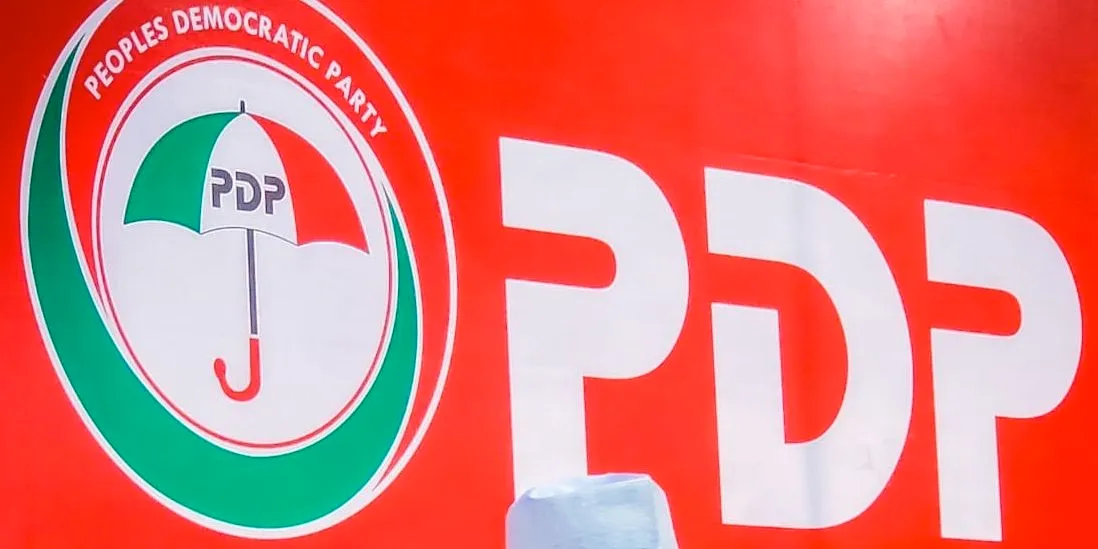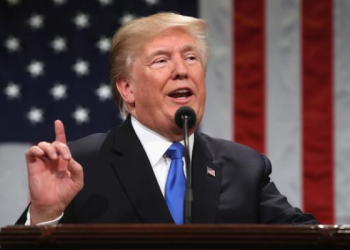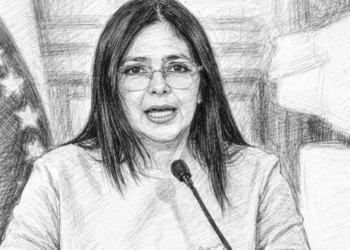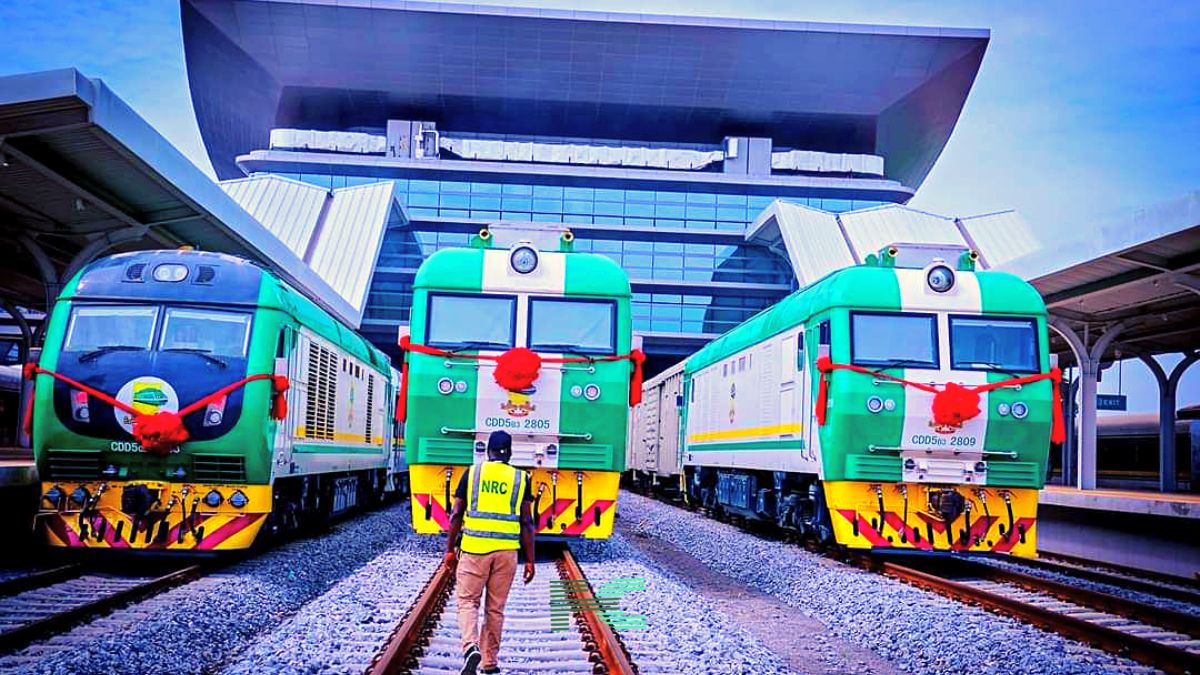In a political bombshell that has shattered the relief over the freed Eruku hostages, the Kwara State PDP has launched a brutal attack on the state government, openly accusing it of sheltering the kidnappers and negotiating a “temporary ceasefire with criminals” instead of enforcing the law.
While paying lip service to the “safe return” of the 38 worshippers, the opposition party immediately pivoted to a scathing indictment, declaring the government’s silence on operational details “unacceptable” and demanding to know why not a single perpetrator has been “arrested and publicly paraded.” The PDP’s statement poses a devastating question: Is this a government that fights crime, or one that funds it, asking if a ransom was paid with “public funds” to secure the release.

“This is not a victory for governance,” the party declared, arguing that a state that negotiates with terrorists without arresting them is not providing security, but is instead institutionalizing a “persistent security failure” that guarantees the next attack. By framing the release as a mere “temporary ceasefire,” the PDP is painting the government not as a protector of the people, but as a desperate administrator managing a criminal enterprise it is unwilling to dismantle.
Why It Matters
The PDP isn’t just criticizing; it’s accusing the government of being in bed with the very terrorists tormenting the state. Their statement is a political masterstroke—they get to appear compassionate about the victims while simultaneously launching a thermonuclear allegation of state-sponsored cowardice and corruption. The question about ransom isn’t a question; it’s an accusation in disguise, designed to make the public believe their tax money is now funding the kidnapping gangs.
The government now faces an impossible choice: remain silent and look guilty, or reveal the details of the negotiation and likely confirm they paid a ransom, proving they are financing the next crisis.
Either way, the PDP has successfully reframed a moment of relief into a moment of profound suspicion, proving that in the brutal game of Nigerian politics, a hostage crisis isn’t a tragedy—it’s a weapon.

















